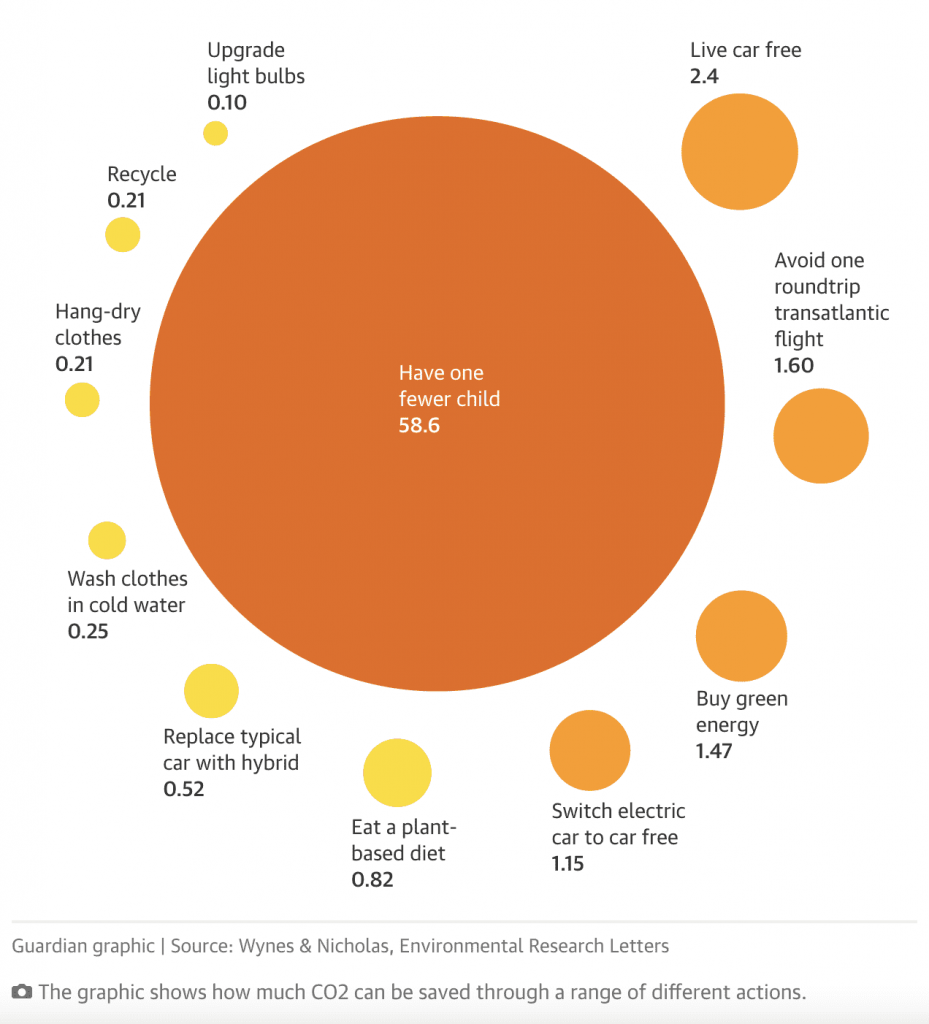A few months before the pandemic, I published one of my most shared and controversial pieces titled “I’d Rather Be a Dad.” I explained why I was still on the fence about having kids after getting married at 34. After re-reading it, however, it’s pretty clear that I wasn’t fence-sitting at all. The truth is that I’m happily childfree.
Becoming a mother—specifically an American mother—seems like an irrational proposition. Aliens might observe that U.S. women trade their bodies, time, money, and identities for a thankless job kept only mildly tolerable by mind-warping hormones. Keep in mind that this was before the Covid-19 pandemic, before the schools and daycares closed, before women (especially mothers) across the country started drinking more heavily than ever.
Not only are there few institutional and legal support systems in place for U.S. parents compared to other developed countries, but mothers here simply don’t get the credit they deserve. They do most of the work and yet even half-involved dads are likely to receive greater praise and respect.
There’s even evidence that men benefit financially by becoming fathers while women are punished by becoming mothers. On average, men’s wages increased more than 6 percent if they had children, while women’s earnings decreased 4 percent for each child they had. Even more shockingly, childfree married women earned 96 cents for every dollar a man earns, while married mothers were paid 76 cents on the dollar. Women stretch and tear their organs for each new generation and are paid in macaroni portraits.
Readers who are parents are shaking their heads, thinking, “Jocelyn, you just don’t get it! You can never understand what it feels like to experience pure joy until you have your own child.”
That’s valid, but if parents are so enamored with rearing their young children, why is childcare typically outsourced by wealthy families? Why do the rich and powerful choose to spend relatively little time with their families? Are they too busy to engage in “the most important job in the world,” or do they simply want to do other things with their time?
Sure, there are some working folks who would prefer to spend more time with their babies, but I suspect that many others recognize how grueling parenting can be. Like cleaning one’s house or doing one’s taxes, those who have the money are inclined to hire a professional to help carry the load.
When I was 16, I was a full-time nanny for a summer, working for an MTV executive. She was amazing, but her toddler daughter and the two other little ones were all-consuming. Taking care of young kids all day was both challenging and extremely boring, watching fat fingers sort shapes and reading the same books. Observing an entire bookshelf get emptied and putting it back together over and over. The constant stickiness. There were baffling breaches in conduct that even the most cherubic faces couldn’t exculpate. The only children whose company I actually enjoy are the most adult-like ones: those who are mature and intelligent.
Most parents, of course, would insist that their children are much smarter and better behaved than other people’s kids. This mass delusion is propped up by brains drugged by parenting that keep (most) people from murdering the little shits while they sleep.
I’m self-conscious even writing about this because as a woman, I feel social pressure to both have and like children. My partner—a man—is actually much better with kids than I am. He relishes in playing make-believe games and being silly (even if he’s never changed a diaper).
Being real about my maternal ambivalence makes me uneasy because becoming a mother is presented as part of a complete life. My dear friend (who is also childfree) shared this cringe-worthy quote a therapist posted to social media: “The value of marriage is not that adults produce children but that children produce adults.”
I understand the spirit of this sentiment—that parents (in theory) must outgrow childish tendencies to raise kids successfully—but it is irritating on many levels:
- What about childfree marriages? Are those folks not fully realized adults because they didn’t breed?
- Is producing children the only function of (or value in) a marriage?
- What about parents who aren’t married? Are they not adults because they didn’t register as a couple with the state?
- And what about shitty parents, who regardless of getting married and having children, continue to be childish people?
I resent that having kids is assumed to be THE way that women fulfill their capacity for love. When I published “I’d Rather Be a Dad,” one of my friends commented: “I know you will do whatever is best for you and Jon, whether it is having kids or growing old together while traveling and sleeping in and doing whatever the fuck you want without anyone else to answer to.”
The subtext is that childfree adults are selfish—just as Pope Francis recently said. We non-breeders just do “whatever the fuck [we] want without anyone else to answer to.” That also presupposes that the only people in our lives who require our love and attention are our unborn children—to say nothing of our aging parents, family, friends, or other people in need.
The notion of non-breeders as “selfish” is what really chaps my hide. Perhaps for me, it’s personal. After all, I was an only child and some of the stereotypes ring true within me: I desire a lot of alone time and I like to have things my way. I also have problems sharing my food with my ravenous spouse. Even if being raised by a single mom schoolteacher was largely absent the coddling, I have to acknowledge that my only-child selfishness may be part of my non-maternal nature.
I would counter, however, that not having kids actually enables me to devote my love and time to a broader circle. The demands of early childrearing leave little time for parents to devote to anyone outside of their homes, whether it’s volunteer work or spending time with friends. If I need to call someone in an emergency, I’m not going to call one of my friends with kids who I assume is too busy with their families.
With a growing share of Americans choosing not to have kids, I’d like folks to reconsider their assumptions about being childfree:
- We aren’t being deprived of an essential life experience.
- We aren’t lesser adults or worse people because we didn’t procreate.
- We aren’t selfish or unloving.
- We aren’t jeopardizing the future of our species.
Humanity’s success actually depends on some people choosing to be childfree, especially in Western countries. Without us, the world’s resources would be more rapidly depleted and global warming would be worse than it is. One of the best things a person can do for the environment in a developed economy is to decide not to have children (or have fewer of them). This graphic from The Guardian shows how much CO2 can be saved annually by common solutions to the climate crisis:
The alarmist articles about declining birth rates in Western countries often ignore one simple solution: increase immigration. There are still plenty of babies being born all over the world—many of them into countries lacking economic opportunities. Those who complain that “native-born babies” are more desirable for population growth are being racist. If we’re so concerned about a lopsided age demographic or the collapse of Social Security, admit more young families into our country. Problem solved.
Overall, let everyone decide for themselves their reproductive futures and spare childfree folks the moralizing. For my part, I’ll continue to fight for increasing education budgets, as well as for better legal and institutional protections for parents. It is a tough job and deserves much better from a country as wealthy as ours.
Just stop assuming that breeding makes a person better or complete. Betty White, Copernicus, Oprah, Louis Armstrong, Jane Austen, Francis Bacon, Simone de Beauvoir, Bob Barker, Coco Chanel, Leonardo da Vinci, Julia Child, Rene Descartes, Virginia Woolf, Benjamin Disraeli, Amelia Earhart, Francis Drake, Katherine Hepburn, Immanuel Kant, Mother Teresa, Dr. Seuss (Theodore Geisel), Grace Hopper, Nikola Tesla, Dolly Parton, Jesus Christ, and many, many other childfree folks serve as evidence to the contrary.


